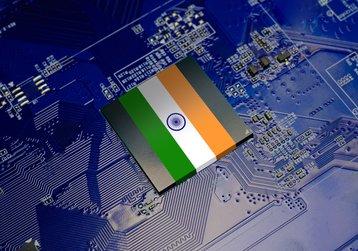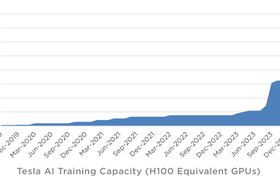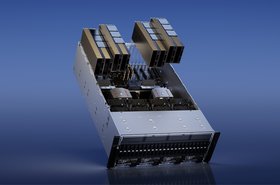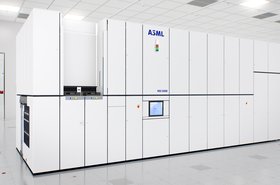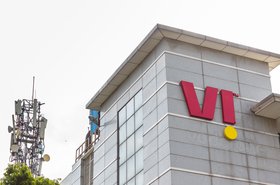Tata Electronics has partnered with Taiwan’s Powerchip Semiconductor Manufacturing Corporation (PSMC) to establish India’s first semiconductor manufacturing plant in Dholera in the state of Gujarat.
According to the two companies, the chip fab will manufacture power management ICs, display drivers, microcontrollers, and high-performance computing chips for AI, automotive, computing and data storage, and wireless communication technologies.
Total investment in the project is expected to reach around INR 91,000 crores ($11bn) and will create over 20,000 direct and indirect skilled jobs. At full capacity, the greenfield fab will produce up to 50,000 wafers a month.
In a statement announcing the news, the companies said the deal would “bring sophisticated semiconductor manufacturing technology and best practices to the shores of India and serve global customers with a robust and resilient supply chain.”
Under the terms of the agreement, PSMC will provide design and construction support. The fab will be equipped with automation capabilities in addition to data analytics and machine learning tools to achieve what the two companies described as “industry-best factory efficiency.”
Natarajan Chandrasekaran, chairman of Tata Sons, the principal investment holding company for Tata Group, said: "We are pleased to partner with PSMC, whose technology and expertise will significantly accelerate our roadmap to pioneer semiconductor manufacturing in India. This collaboration is a key milestone and I am confident that our comprehensive technology partnership with PSMC will pave the way for innovation, drive growth, and strengthen the global semiconductor supply chain.”
Dr Frank Huang, CEO of PSMC, added that the collaboration reflects the company’s “commitment to providing cutting-edge technology and expertise, helping Tata Electronics create a state-of-the-art facility that will catalyze India's semiconductor landscape.
“This partnership represents a win-win situation, as it positions PSMC and the Taiwanese ecosystem to gain a significant first-mover advantage in the rapidly expanding Indian market, while helping India achieve self-reliance in semiconductor manufacturing,” he said.

